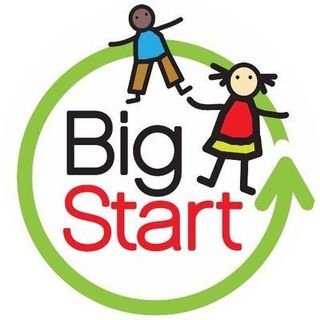A New Framework for Early Years and School Age Services
Proposals for the next Programme for Government 2020 -2025
Investing in high quality, affordable Early Years and School Age services has long term benefits for children, families, the economy and society. High quality services raise children’s educational outcomes, promote their health and wellbeing, support parents / guardians and families, reduce child poverty, enhance future employability and contribute to Ireland’s economic and social development.
Affordable and accessible services also improve workforce participation, particularly for women. Despite significant Government investment in recent years Ireland spends just 0.2% of GDP on Early Childhood Education and Care (ECEC) compared to a European Union average of 0.7% of GDP. This insufficient level of funding has resulted in low pay, high staff turnover and the increasing cost of service delivery which are undermining the provision of accessible, affordable high-quality services and in turn the implementation of important government policy objectives.
Furthermore, Ireland has the most expensive ECEC fees in the European Union while ECEC professionals are some of the lowest paid in the economy. Our call to Government We are calling on the next government to negotiate and implement a new public model for Early Years. This new model of funding and service provision will recognise the essential contribution of private and community service providers and staff to the provision of high-quality services that are accessible and affordable for parent/guardians.
In this model, with increased government investment, the state will assume the responsibility for funding salaries and support the cost of service delivery. This would substantially reduce costs for both providers and parents. Raising pay and supporting the sustainability of services would address the current recruitment and retention crisis, enhance the overall quality of provision for children and support the retention and expansion of a graduate led workforce. Specifically, we are calling on the next government to negotiate with all stakeholder groups, and use a formal codesign and stakeholder engagement process, to develop and implement a new model of funding and service provision that will:
Place children’s rights, to quality services, at the centre of Early Years & School Age policy, provision and practice to ensure equal access and quality outcomes for all children
Fund the salaries of educators, managers and owner-managers in line with new professional salary scales
Support the sustainability of services by negotiating a capitation system to support operational costs, including premises provision, increasing investment over the lifetime of the Government
Make services affordable and accessible for all parents / guardians through a progressive fees model, incorporating substantial fee reductions for all parents and full cost subsidisation for low-income households.
Provide a range of quality supports for those involved in service provision through development of an integrated and systematic quality support infrastructure that engages all relevant personnel
Establish a single comprehensive streamlined inspection system in consultation DCYA, DES, TUSLA, POBAL, service providers, educators and other key stakeholders.
Commit to a co-design process and facilitate mutually respectful engagement with all stakeholders between policy makers, representatives of providers, educators and civil society when negotiating the new system of service provision.
Proposed by: Association of Childhood Professionals, Barnardos, BLÁTHÚ Steiner Early Childhood Association, Gaeloideachas, Irish Congress of Trade Unions, Men In Childcare, National Childhood Network, National Community Childcare Forum, National Women’s Council of Ireland, PLÉ: The Irish Association of Academic in Early Childhood Education and Care in Higher Education, Saint Nicholas Montessori Society of Ireland, SIPTU and the Union of Students of Ireland.

